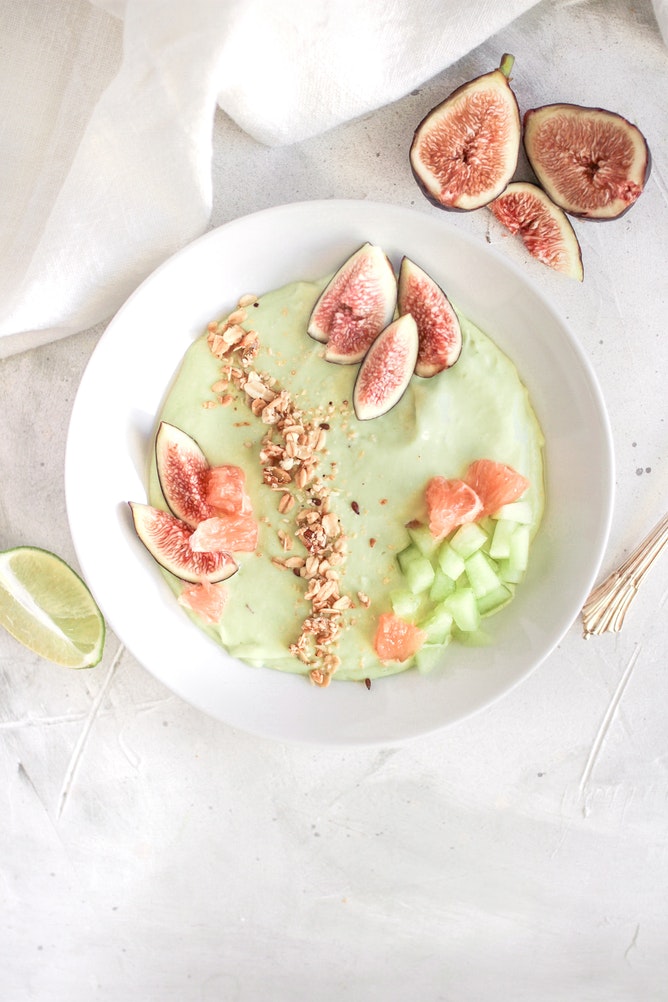Switching to a vegan diet? Here are five ways to help you move to your new plant-based lifestyle with a healthy mind and body.
Taste the rainbow
Find blogs, websites and social media accounts dedicated to veganism, and bookmark yummy recipes you’d like to try. Melbourne dietitian Melanie McGrice also recommends enlisting the help of an expert to create a tailored meal plan.
“There’s no need to transition to a vegan diet slowly, however I would recommend educating yourself well on following a vegan diet first,” she says.
Protein shake-up
Tofu is a champion for a vegan protein fix, but there are many other options. Include complementary proteins to ensure you get all essential amino acids.
“This is very important for maintaining muscle mass,” Melanie says. “For example, eat tofu with some brown rice.”
Other protein sources include lentils, beans and tempeh, sprouted-grain bread, quinoa, nuts and vegan protein shakes.
Sunny side
Vitamin D controls the body’s ability to absorb calcium and regulate cell growth.
According to Peta, researchers have found mushrooms provide as much vitamin D as a supplement. Don’t be afraid to venture past the humble button mushroom – a selection of goodness awaits in portobellos, maitakes, morels and shiitakes.
Helping hands
While you’ll get many nutrients from plant-based foods, vitamin B12 only occurs naturally in animal foods.
A lack of vitamin B12 can lead to a loss of appetite, tired and achy muscles, constipation and depression.
According to the Medical Journal of Australia, “vegans require vitamin B12-fortified foods or supplements”. Coconut and soy milks are among foods that can be fortified with vitamin B12.
Find your tribe
Enlisting the support of fellow vegans can help you stay focused and motivated. Vegan Australia recommends connecting with other vegans, both in person and online, to share advice along the way.
